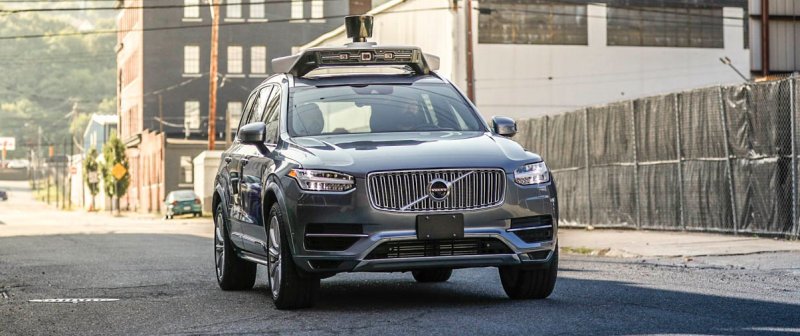Uber to fire up its autonomous testing program once again

Uber is coming back to autonomous vehicle testing eight months after one of its test vehicles hit and killed a pedestrian crossing the street in Arizona. The plan this time around is to be overly cautious. Vehicles will run on a one-mile loop between two company offices in Pittsburgh — they will only be allowed to operate in the daylight and in dry weather conditions. Speed will also be limited to 25 mph for every vehicle testing. There won't be any rides given to passengers in these test vehicles, either. Uber doesn't specify how many vehicles it will start with.
What we do know is that this level of testing is massively scaled down from what Uber was performing before. When the incident occurred, the ride-hailing company had over 200 vehicles on public roads in Arizona, Pittsburgh, San Francisco and Toronto. After the crash, Uber said it would keep its autonomous cars off public roads until it could be sure they were safe. Even though the company says it's ready to start testing again, it still has to wait for approval from the Pennsylvania Department of Transportation to begin again in Pittsburgh.
Every new autonomous Uber will have two passengers, both sitting in the front seat from now on. This is a huge departure from its past policy of only requiring one operator in the driver's seat, even in high-risk situations like night driving in the city. The loop for these initial test cars is actually the exact same loop Uber started its program with back in 2016.
Gaining the public's trust back after the incident in March of this year won't be an easy task. Still, the company knows this technology may be necessary for its profitability. Eliminating the cost of the drivers is the biggest hurdle Uber faces as a company if it wants to stop having quarters like its most recent in which the company lost $1 billion. We'll follow this story closely to see how Uber takes its first steps back into the world of autonomous vehicle testing
Related News
